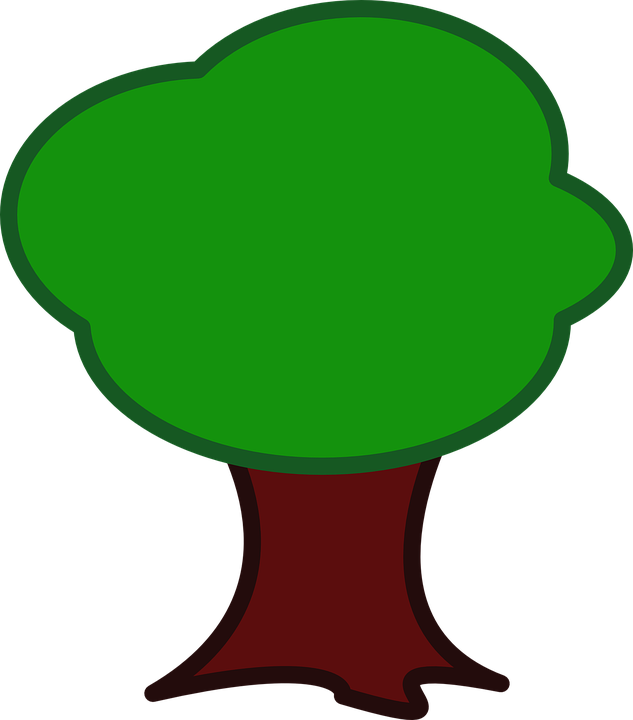
Activities
Some things you can do in urban green spaces
Reading Walking dogs Play Contemplate Cooling in the summer Warming in winter Restoration to well-being Growing food Environmental teaching space Raise property values Community gathering place Visual assets Absorb rainwater runoff Aesthetic
Social Benefits
Provides recreational use:
a place to play
meditate
gather
rest
Green spaces give a sense of social place
allow one to gain social recognition
enhance feelings of family kinship and solidarity
allow one to teach and lead others
provide opportunity to reflect on personal and social values
promote spiritual growth
and in general allow users to feel free, independent, and more in control than is possible in a more structured home and work environment.
Green spaces introduce the natural into the urban environment
Green spaces provide a refreshing contrast buildings
Green spaces foster a connection between community residents and the natural environment that surrounds them, thus allowing for a more livable city. This is essential in order for a community to be sustainable.
Enviormental Benefits
Trees have been shown to absorb pollutants; as few as 20 trees can offset the pollution from a car driven 60 miles per day.
The urban heat island effect occurs often
in urbanized areas, where buildings, asphalt, and concrete absorb solar radiation and then readmit it as heat, causing the air temperature of the city to rise.
Plants have been
shown to reduce the urban heat island effect, directly by shading heat absorbing surfaces, and indirectly through evapotranspirational (ET) cooling.
In studies, vegetation has been shown to lower wall surface temperatures by 62.6°C, which led to a reduced
air conditioner use by an average of 50% (McPherson, 1994).
Green spaces can also reduce noise pollution, by dense screens of trees and shrubs, and can even cleanse partially-treated wastewater.
Finally, green spaces and their inhabitants are a good indicator of overall ecological health of the ecosystem. This is an important measure in judging the ecological sustainability of the community.
Other Benefits
Displays public art.
Offers green spaces for birds, animals, and plants,
understanding that green spaces are important not just for human recreation.
Green spaces provide habitat for a variety of birds, fish, animals, insects, and other organisms, while also providing corridors and greenways to link habitats.
They prevent soil erosion and absorb rainwater, thereby improving drainage.
